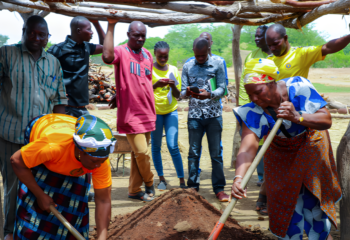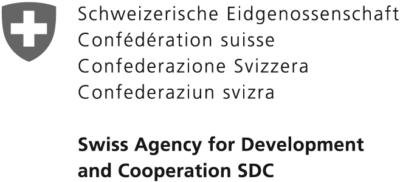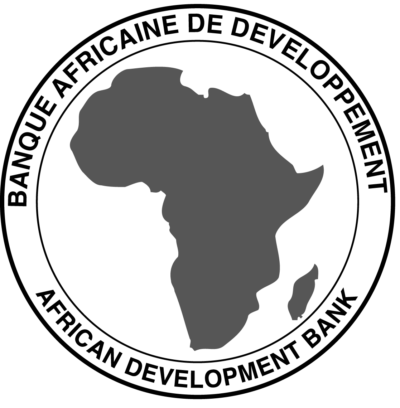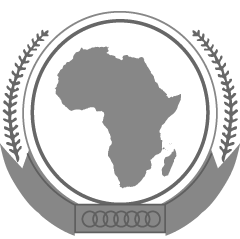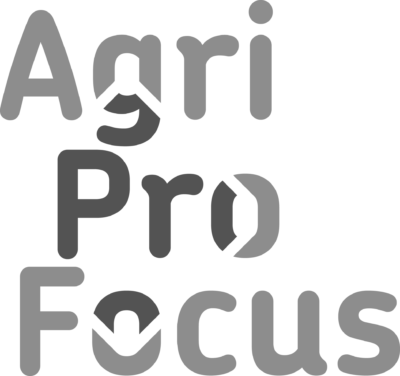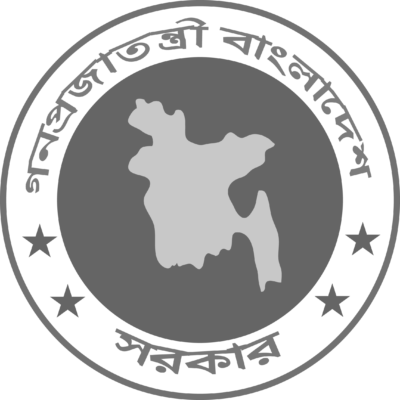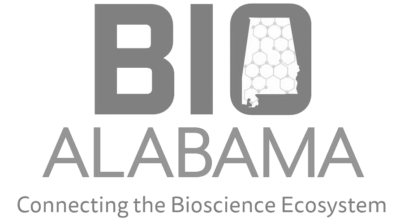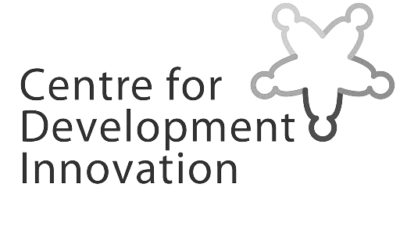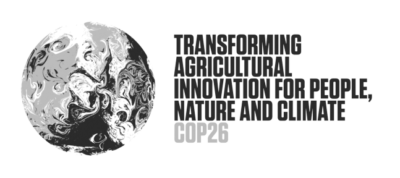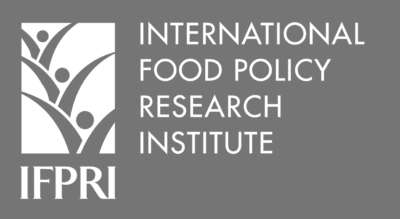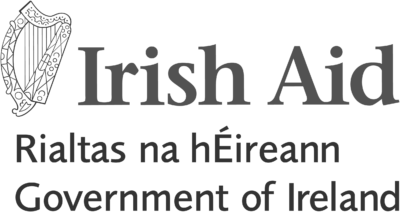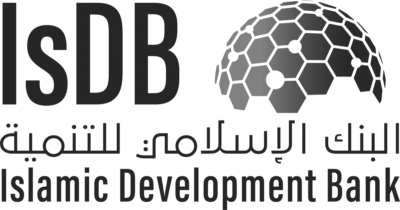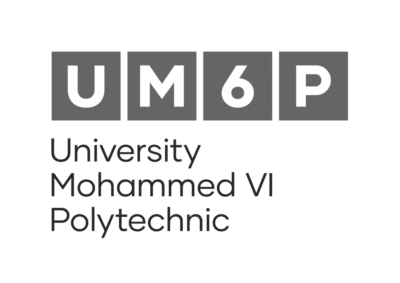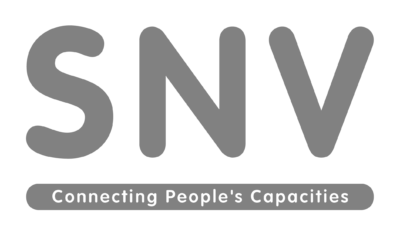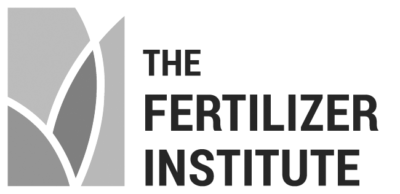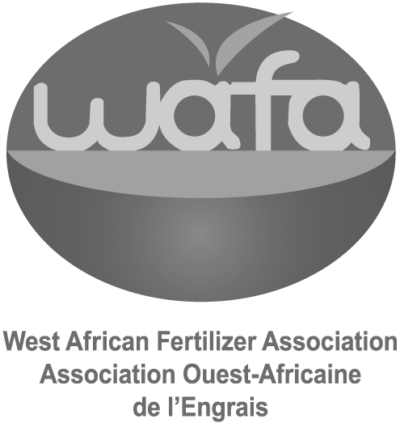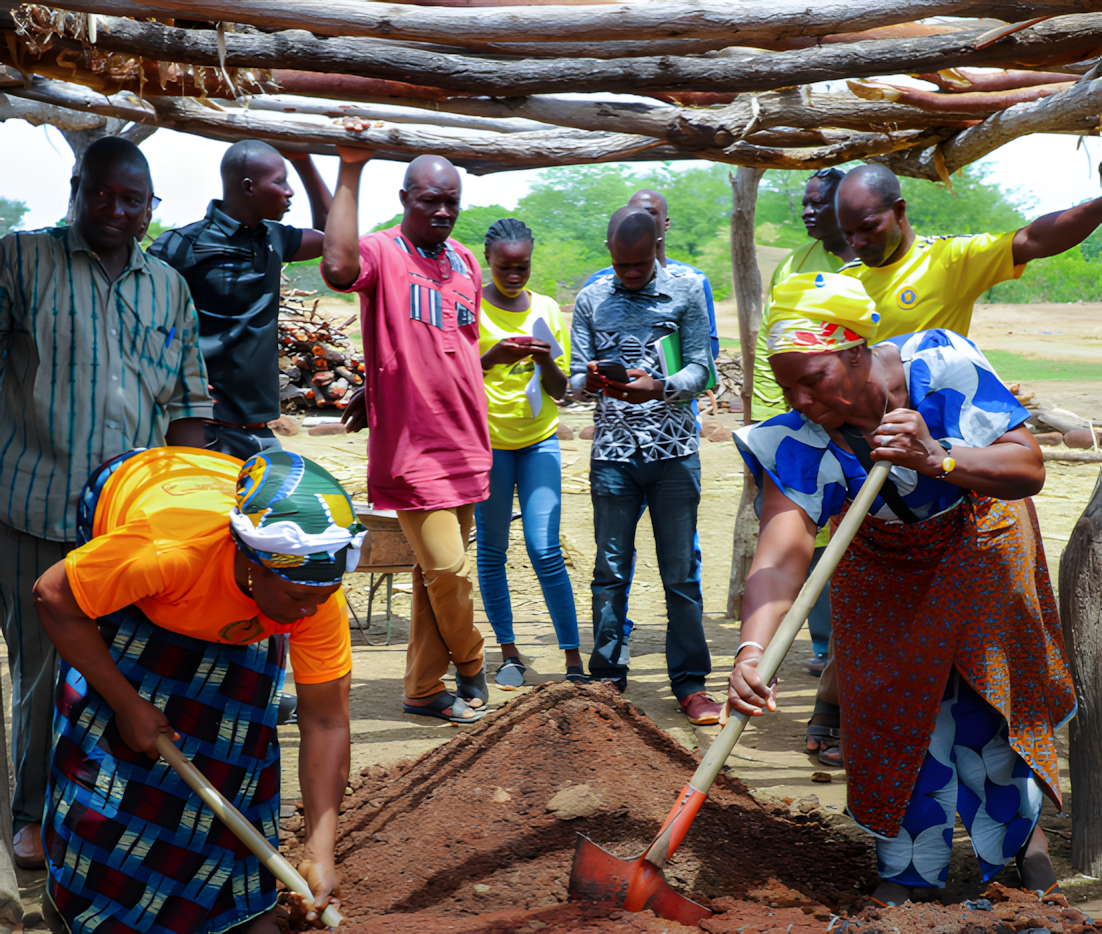
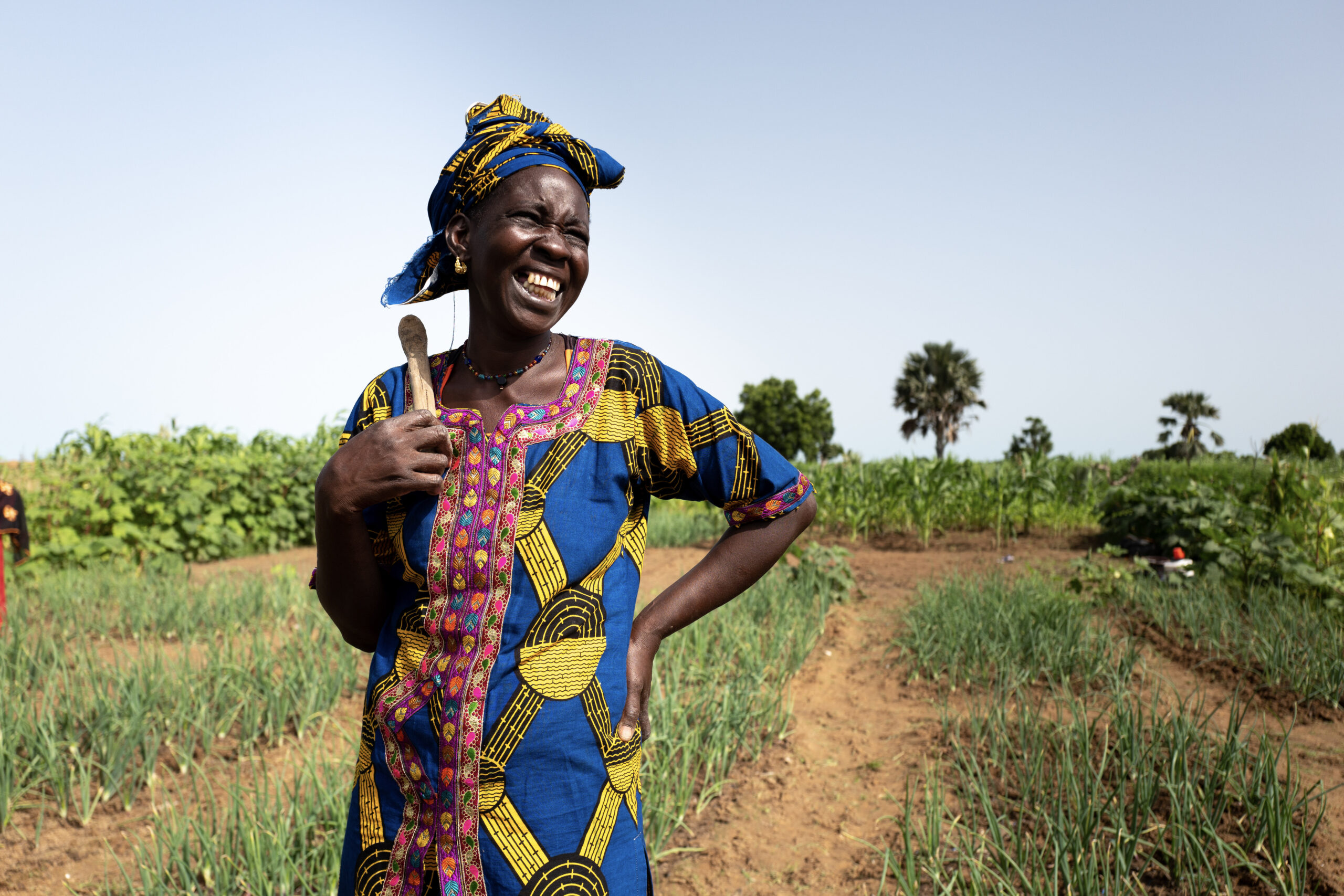
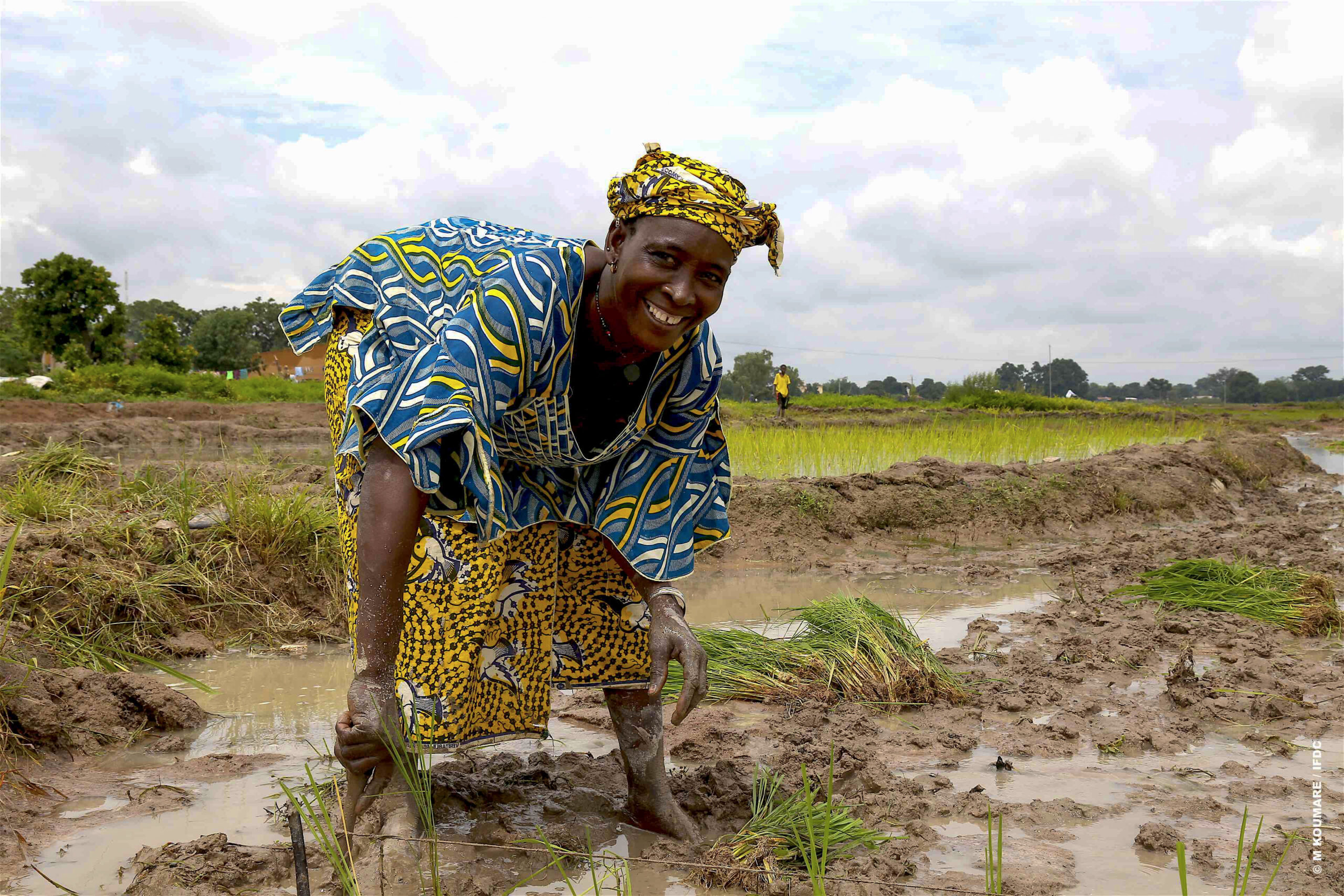
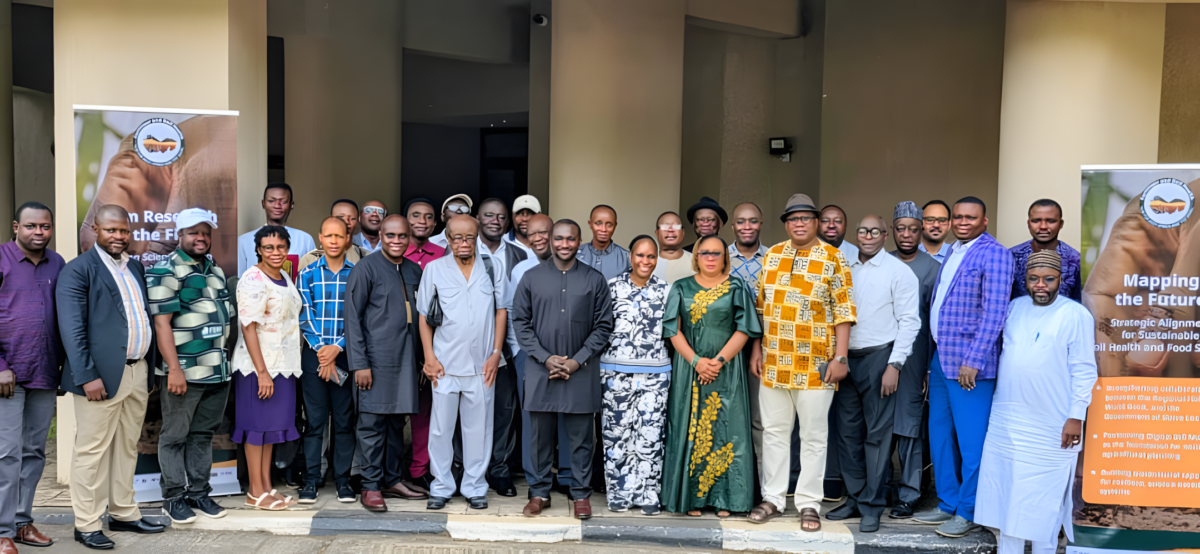
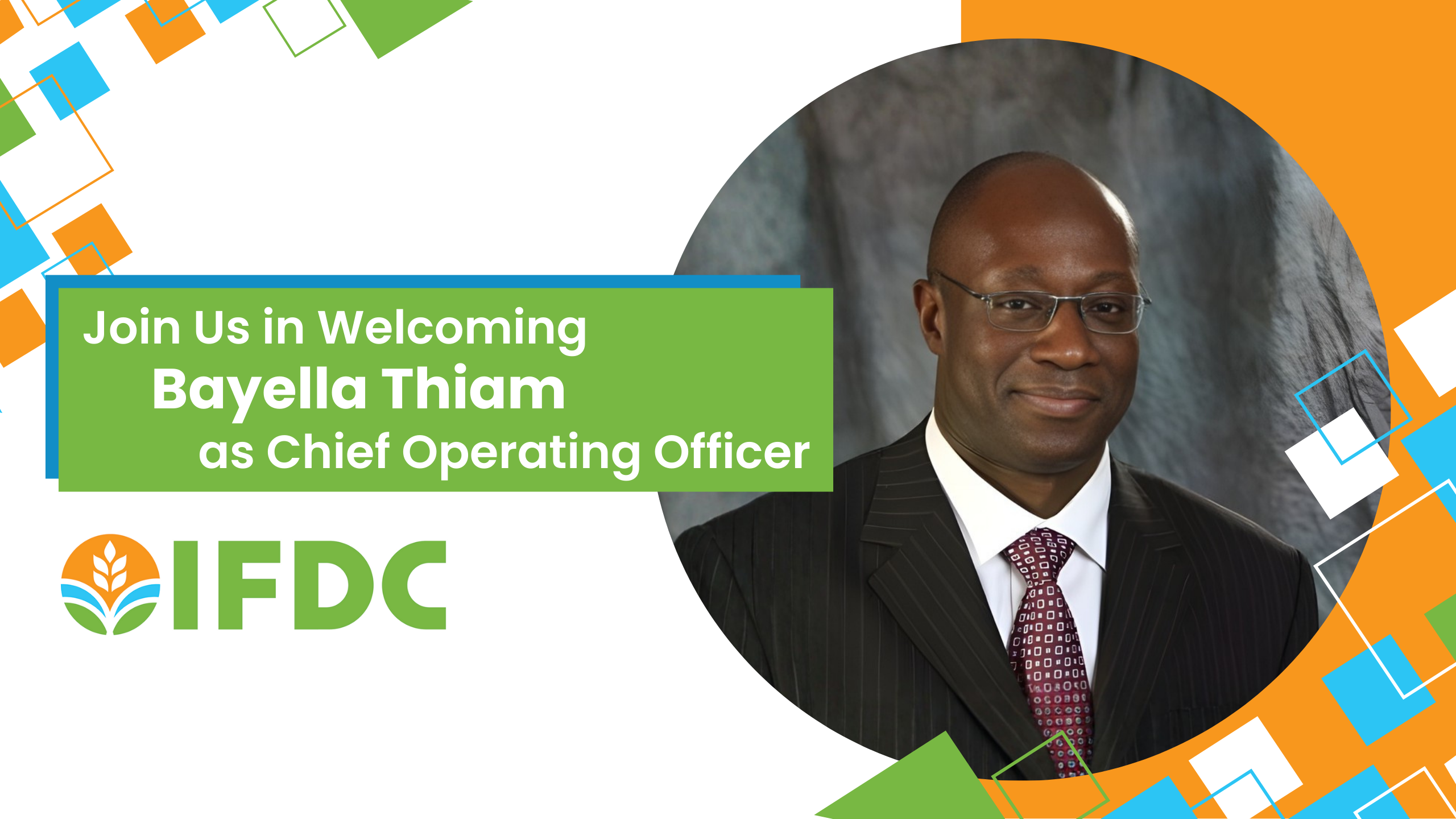
Our Solutions
IFDC believes the key to global food security starts with the soil and ends at the supermarket. Through practical technologies, evidence-based approaches, and inclusive partnerships, IFDC scales impact across agricultural systems to improve and restore soils worldwide.

31,283
Demonstration Plots Established

228k
Farmers Applying Good Agricultural Practices

312
Public-Private Partnerships Formed
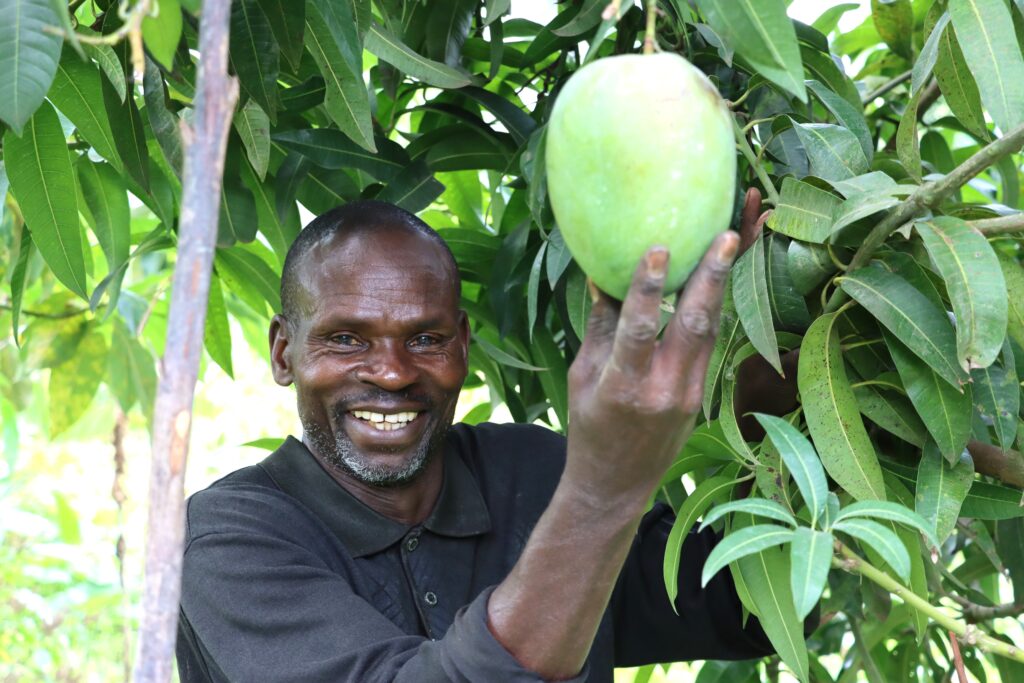
IFDC specializes in:
- Fertilizer Innovation
- Soil Solutions
- Farmer Adoption and Support
- Capacity Building and Training
- Market Systems Development
- Policy and Regulatory Support
Featured Projects
Our projects bring IFDC’s mission to life, driving innovation in soil fertility and nutrient management, building partnerships that bridge sectors, and scaling solutions that empower farmers, strengthen markets, and sustain the environment.
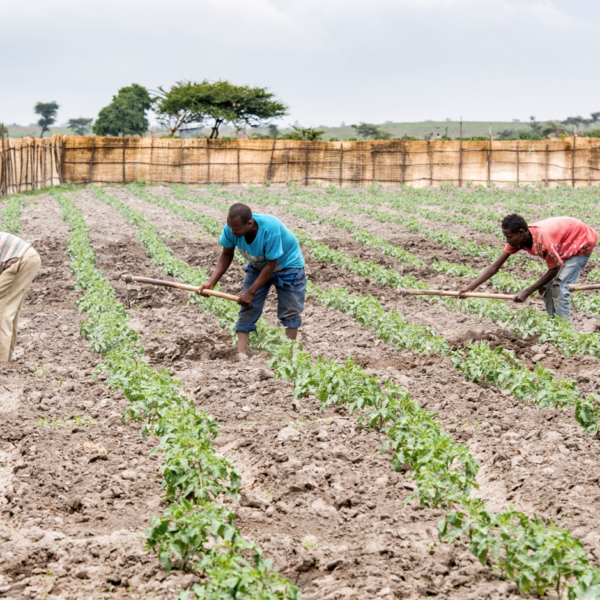
Transform Soil Fertility Management in Ethiopia (TRANSFORM)
The Transform Soil Fertility Management in Ethiopia (TRANSFORM) Project (2025-2028) is a four-year initiative funded by the Embassy of the Kingdom of the Netherlands and the European Union which aims to improve soil health and fertility management through inclusive, bottom-up, participatory approaches. TRANSFORM seeks to sustainably increase the productivity of 100,000 small-scale food producers and […]
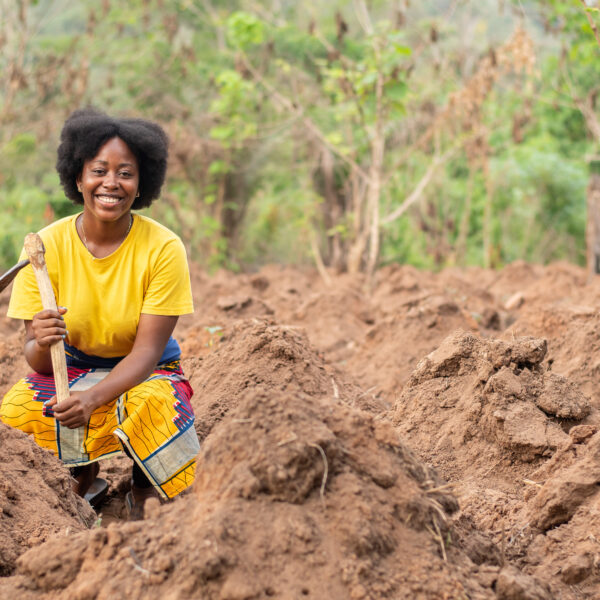
Soil Values
Soil Values, a 10-year program (2024-2034) financed by the Netherlands Directorate-General for International Cooperation (DGIS), is a transformative initiative unfolding across Burkina Faso, Mali, Northern Nigeria, and Niger, where the primary objective is to establish sustainable soil fertility management as a cornerstone within the farming systems of the Sahelian and Guinea Savanna regions. Soil Values […]
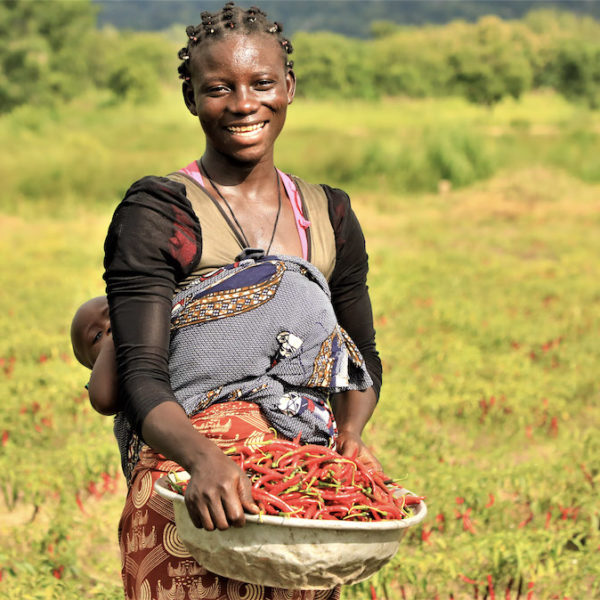
Communal Approach to the Agricultural Market in Benin – Phase 3 (ACMA3)
Phase 3 of the Communal Approach to the Agricultural Market in Benin (ACMA3) project (2022-2027) is financed by the Embassy of the Kingdom of the Netherlands in Benin. ACMA3 intervenes in the Collines, Donga, and Borgou departments of Benin, working in the priority sectors of maize, cassava, soy, groundnut, small ruminants, poultry, and market gardening. […]
News and Events

IFDC Launches New Strategy to Restore Global Soil Health and Strengthen Food Security
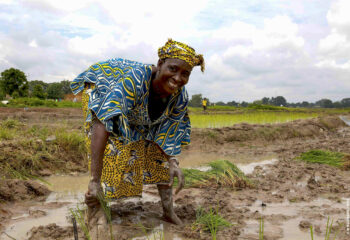
Request for Proposals: Production of IFDC Strategy 2026-2035 Explainer Video
About Us
IFDC is an independent, non-profit public international organization dedicated to bridging the gap between agricultural research and real-world impact. IFDC aims to lay the foundation for resilient, productive, and sustainable agrifood systems that address food and nutrition insecurity through pioneering fertilizer innovation and practical solutions to nutrient use efficiency to unlock the full potential of soils.
Guided by a commitment to science, partnership, and policy influence, we strengthen global collaboration, markets, and regulatory frameworks that promote the sustainable recirculation of nutrients. Through this work, our organization empowers millions of smallholder farmers to regenerate soils, increase incomes, and drive the transition toward a more food-secure and climate-resilient world.
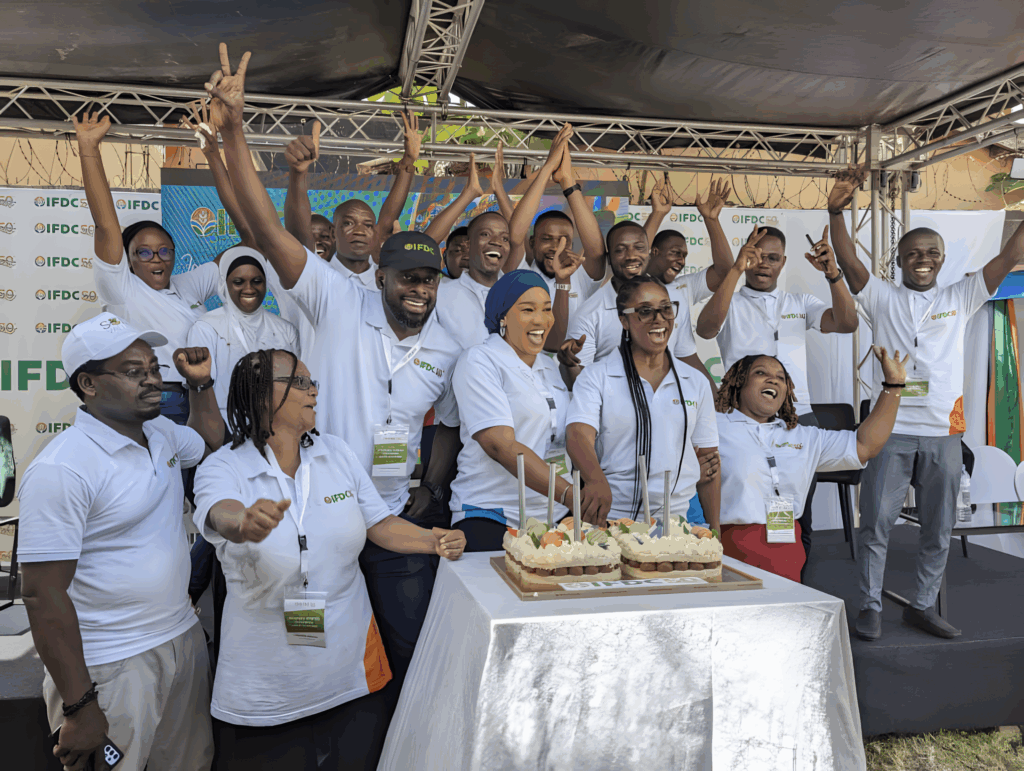
IFDC comprises a dynamic team of individuals working worldwide to help improve sustainability.
Solving Food Security Together


